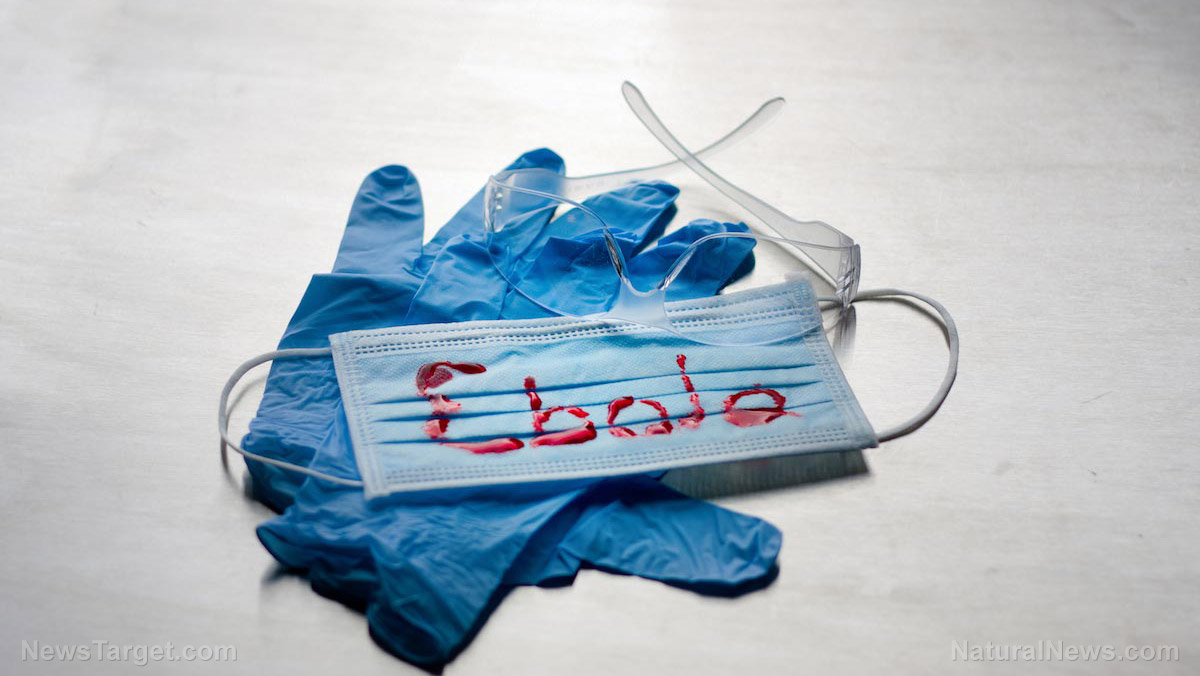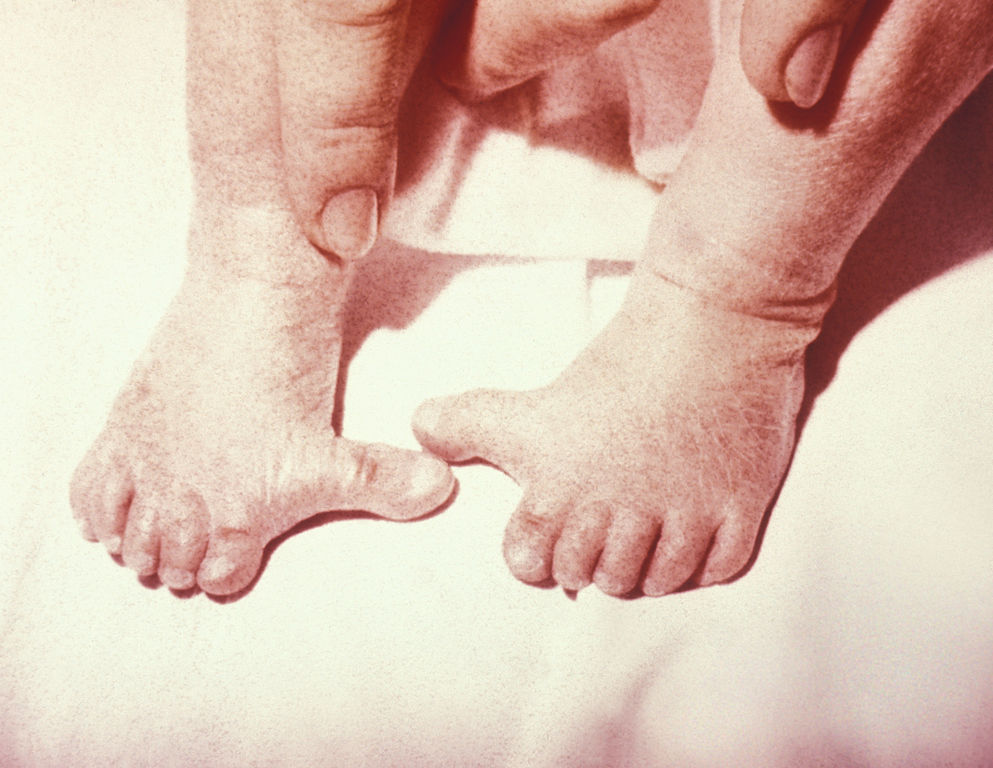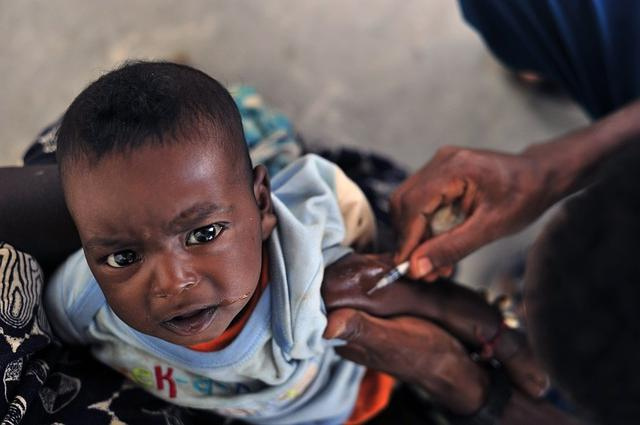Charity FRAUD: Red Cross staff stole $6M donated to fight 2014 Ebola crisis – report
11/09/2017 / By Isabelle Z.

When we hear about a crisis taking place somewhere in the world, many of us feel powerless and want to help in any way we can. For many people, donating money to relief workers seems like a good way to contribute, but how can you be sure that your money is actually reaching those in need? If you donated money to the Red Cross during the Ebola crisis, you will be disheartened to learn that 20 percent of what you donated was stolen by people working for the organization.
Fraudulent practices carried out by staff members of the Red Cross and its partner organizations caused the company to lose $6 million that was donated to fight against Ebola. According to the Red Cross, an internal investigation into the handling of the money donated during the height of the Ebola crisis uncovered several incidents of fraud in all of the countries affected by the outbreak.
The illness took the lives of 11,000 people as it made its way across Guinea, Sierra Leone, and Liberia, and donations poured in as many felt the international response was not quick enough. The outbreak started in Guinea in 2013, killing more than 2,500 in that country alone. The Red Cross sent more than 6,000 volunteers to help people affected through education, mapping and safe burials.
Widespread fraud
The $6 million stolen from the organization is one fifth of the total amount they had earmarked for fighting the outbreak, and they say they are working with the governments of the countries involved to pursue legal options against the parties involved.
One of the fraudulent incidents took place in Liberia. There, the Red Cross said it lost $2.7 million through inflated payments that were made for payroll and volunteer stipends as well as relief items.
In Guinea, a clearance service provider is accused of furnishing them with over-estimated or fake bills, leading to the loss of $1.17 million in that country. Meanwhile, in Sierra Leone, the Red Cross uncovered collusion between some of its staffers at the time and a bank, which led to the disappearance of $2 million.
The Red Cross said that it was “outraged” by the discovery and will be implementing new plans to prevent corruption through audits, training, investigations, and spending caps in settings considered to be high-risk.
The organization’s Undersecretary General for Partnerships, Dr. Jemilah Mahmood, said: “We are pursuing every possible avenue to reclaim all funds that have been misappropriated, diverted, or otherwise illegally taken. This includes working with authorities in affected countries and elsewhere as appropriate.”
The Red Cross also said it would be waiving any legal immunities or privileges to make sure everyone involved is held accountable.
Long history of questionable practices
This is bad news for an organization that is quickly losing public support thanks to a series of headlines in recent years showing widespread fraud. In one particularly egregious example, it was discovered that the Red Cross spent donations received to help those affected by the Haiti earthquake very poorly. After collecting almost half a billion dollars in an effort to build homes for displaced people, it was later discovered they only built six permanent homes. Internal memos showed they saw the disaster as a great fundraising opportunity.
To add insult to injury, it was revealed that they spent some of the donated money teaching children hand-washing skills – even though they did not have access to water or soap, which the Red Cross admitted in an internal evaluation.
With so many questionable practices, more and more people are sending their money to more honest organizations that actually help people in need rather than lining their own pockets.
Sources for this article include:
Tagged Under: charity, charity fraud, Collusion, corruption, Donation Fraud, donations, Ebola, fraud, Guinea, Liberia, natural disasters, outbreak, Red Cross, Red Cross fraud, Sierra Leone




















